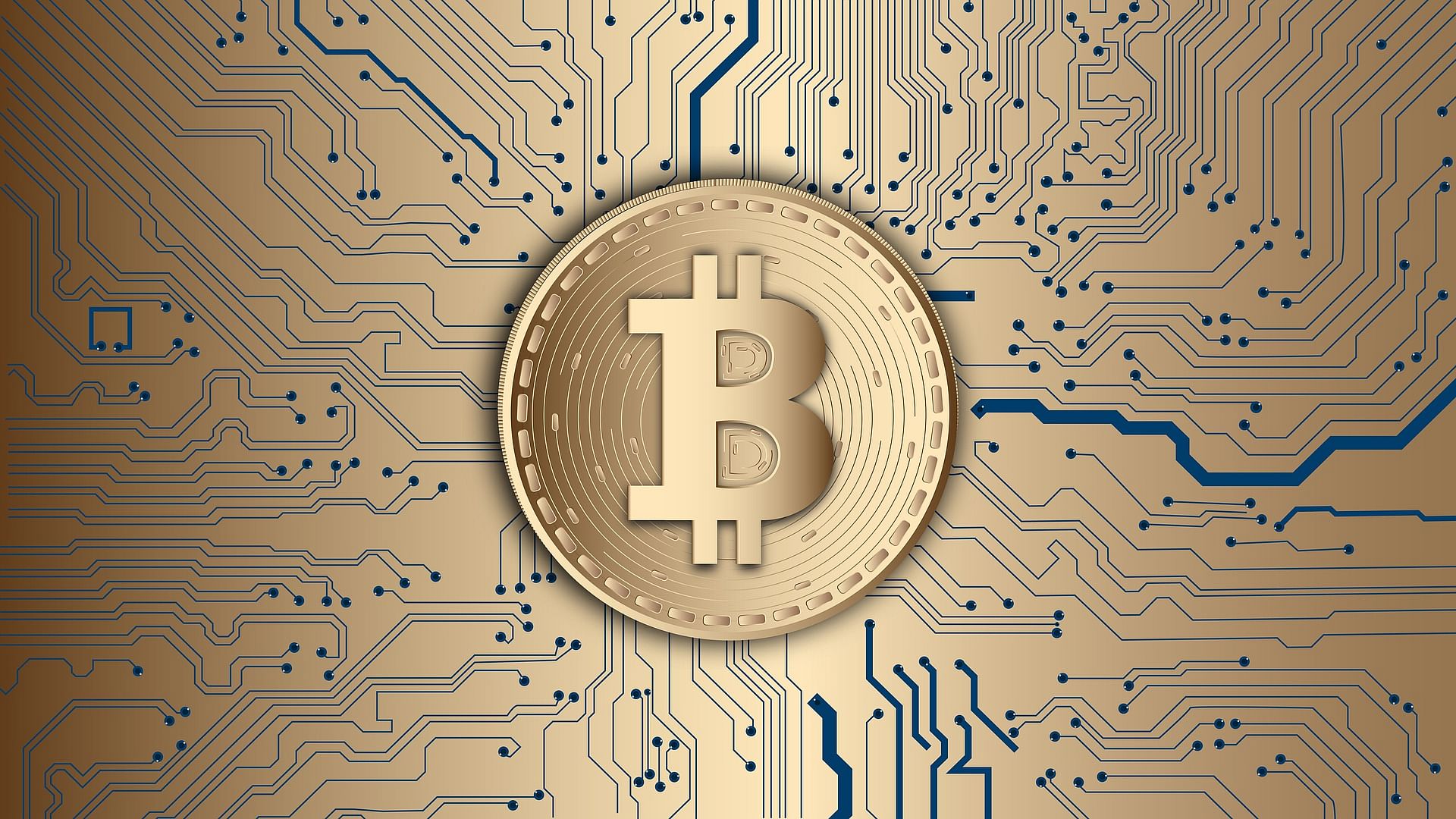
Over-ruling an RBI ban, the Supreme Court on Wednesday allowed banks and financial institutions to handle trade in cryptocurrencies and said the central bank has taken a contra position on virtual currencies “without any rational basis”.
A three-judge bench, headed by Justice R F Nariman, questioned the the "proportionality" of the RBI 2018 circular and said it was liable to be set aside.
In April 2018, the RBI had tightened rules to discourage the use of virtual currencies such as Bitcoins, prohibiting banks and financial institutions from providing any related services. It argued that crypto's anonymous nature posing threat to national security cannot be ruled out.
However, the apex court in its 180-page ruling, said, “RBI has not applied its mind to the fact that not every cryptocurrency is anonymous. It is a paradox that blockchain technology is acceptable to RBI, but cryptocurrency is not.
Blockchain is the technology that enables the existence of cryptocurrencies among other things.
"RBI needs to show at least some semblance of any damage suffered by its regulated entities. But there is none," it said.
The Supreme Court's ruling followed a plea by Internet and Mobile Association of India (IMAI), which questioned the RBI’s powers to impose the ban since cryptocurrencies weren’t a “currency” in the legal sense of the term.
Cryptocurrencies are digital or virtual currencies in which encryption techniques are used to regulate the generation of their units and verify the transfer of funds, operating independently of a central bank.
Soon after the crypto ban by RBI, a government committee headed by the then Finance Secretary Subhash Garg had recommended a heavy penalty of up to Rs 25 crore and a jail term up to 10 years for anyone who mines, generates, holds, sells, transfers or issues cryptocurrency.
The cryptocurrency market in India was an estimated $13 billion in 2016-17.
